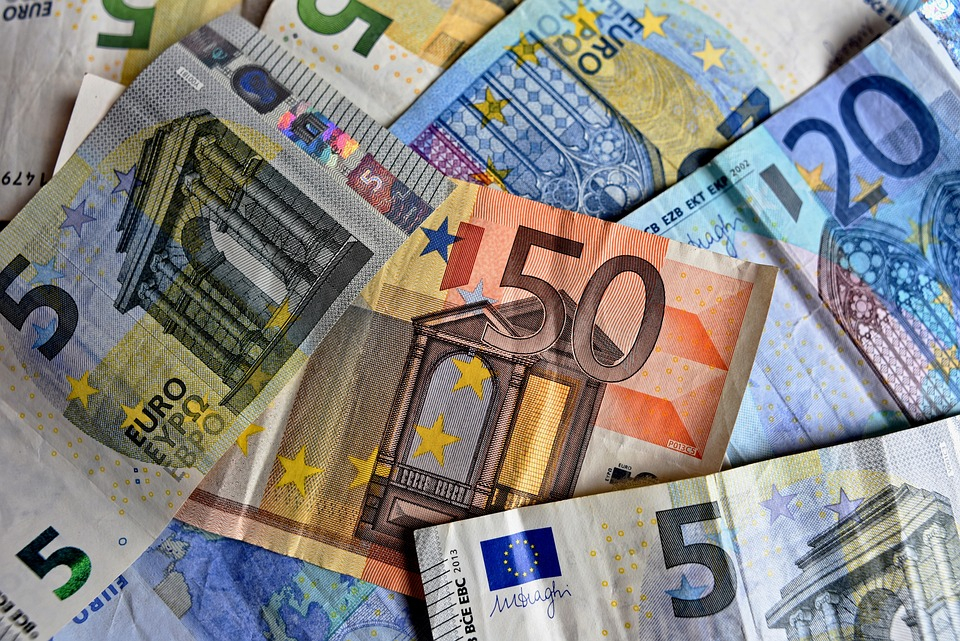As Ana Blaskovic/Poslovni Dnevnik writes, the annual inflation rate in the Republic of Croatia more than likely peaked back in December 2022 and could continue to fall due to lower food and energy prices, Croatian National Bank (CNB) Governor Boris Vujcic said on Monday.
“Here in Croatia, the inflation trend is very similar to that in the rest of the Eurozone, but it is higher, which is in line with Eastern European countries where GDP per capita is lower, so food and energy prices have a greater effect on people,” Vujcic told reporters at a seminar ahead of a government and CNB conference called ”Croatia – The 20th member state of the Eurozone”.
When epeaking about Croatian Eurozone entry, Vujcic said that “we should wait for official data, but we should also realise that the prices of energy and food in the first two weeks of January are lower than before on an annual basis,” however, he did make sure to note that the CNB doesn’t actually monitor the prices of (utility) services for small businesses.
When asked whether, now that inflation is slowing down, the European Central Bank (ECB) will continue to raise interest rates with the same intensity, from 50 basis points, Vujcic said that he wouldn’t like to speculate on it.
“Warmer weather than usual across Europe this winter has reduced the risk of recession in the European Union and here in the Eurozone, two months ago the main risk was possible reductions in energy sources. Now it’s certain that we aren’t going to have a recession, although there may be some issues which are shallow and short-lived in some countries,” stated the governor, noting that in a calmer environment it is easier to raise interest rates.
“Although the headline inflation rate has fallen, core inflation across the Eurozone has risen. Current forecasts call for a further increase in interest rates,” he said. Valdis Dombrovskis also pointed out that Croatian Eurozone entry happened at the right time regardless of inflation.
He explained that the economic benefits of Croatian Eurozone entry enable the country to borrow more cheaply, it brings about price transparency, which is especially important in tourist-oriented countries like Croatia. With the kuna tied to the euro, monetary policy in Croatia followed the monetary policy of the ECB, he believes, but did not benefit from formal membership in the Eurozone back when the kuna was legal tender.
“Because of high inflation, things are a bit more difficult at this moment in time, but the government is working on measures to suppress those issues. From a historical perspective, inflation was low when Latvia joined the Eurozone, and even then the opposition was against it precisely because of low inflation. I think Croatia’s timing was good regardless,” he assured. Referring to inflation across the Eurozone, he pointed out that inflation has spread throughout the Eurozone’s economy and it will take time for it to calm down despite the drop in energy prices.
“The euro is a young but extremely well-established currency, the second strongest reserve global currency. Its use is expanding and that is going to continue, the euro will play a role in the development of the European Union’s economy and that of all of Europe,” concluded Dombrovskis.
The poll conducted by the EC in Croatia after the changeover to the euro shows that the vast majority of Croatia’s residents believe that the changeover went smoothly and efficiently. As many as 88 percent believe that they are well informed about the euro, 61 percent that the transition was smooth and efficient, 81 percent had no problems when exchanging their kuna banknotes and coins into euros or withdrawing cash from banks during the first week of the use of the new currency.
For more, make sure to check out our dedicated news section.












